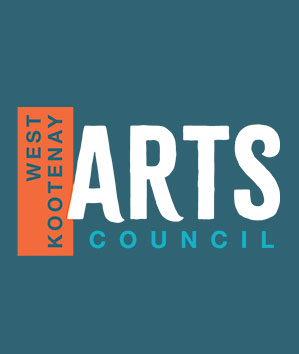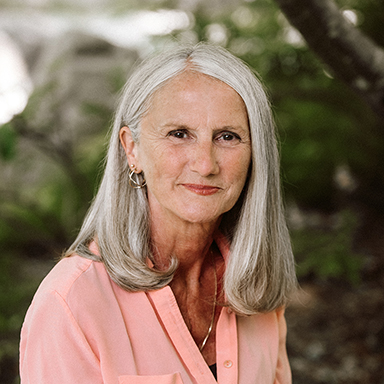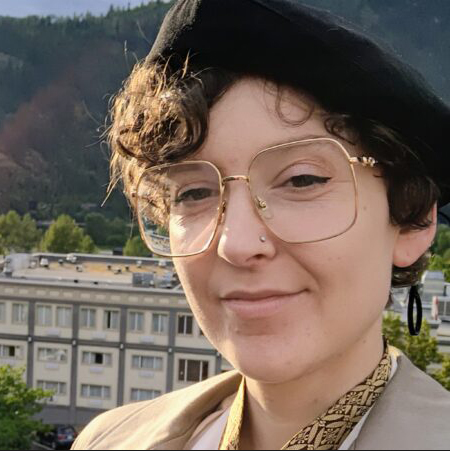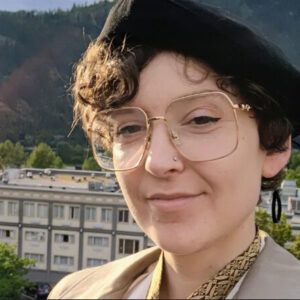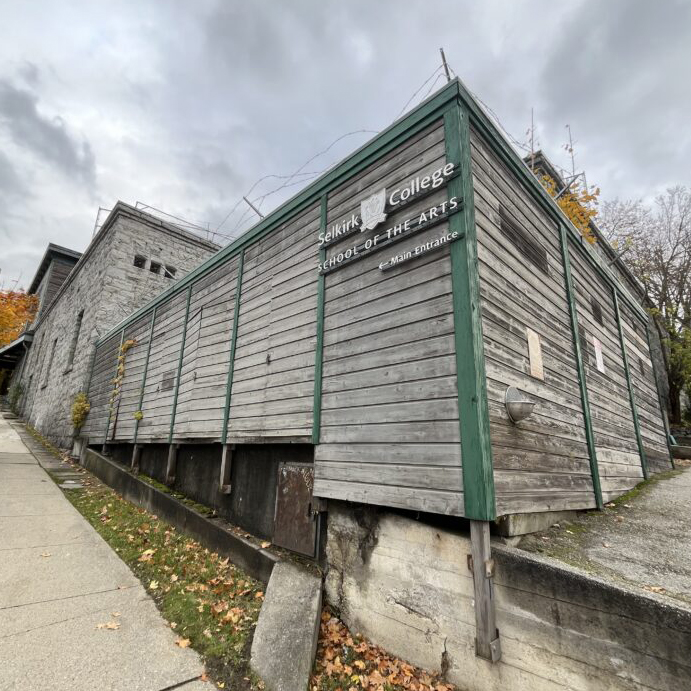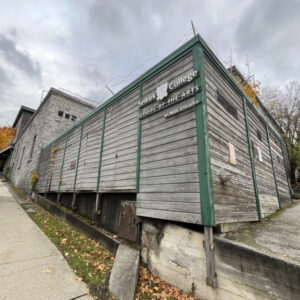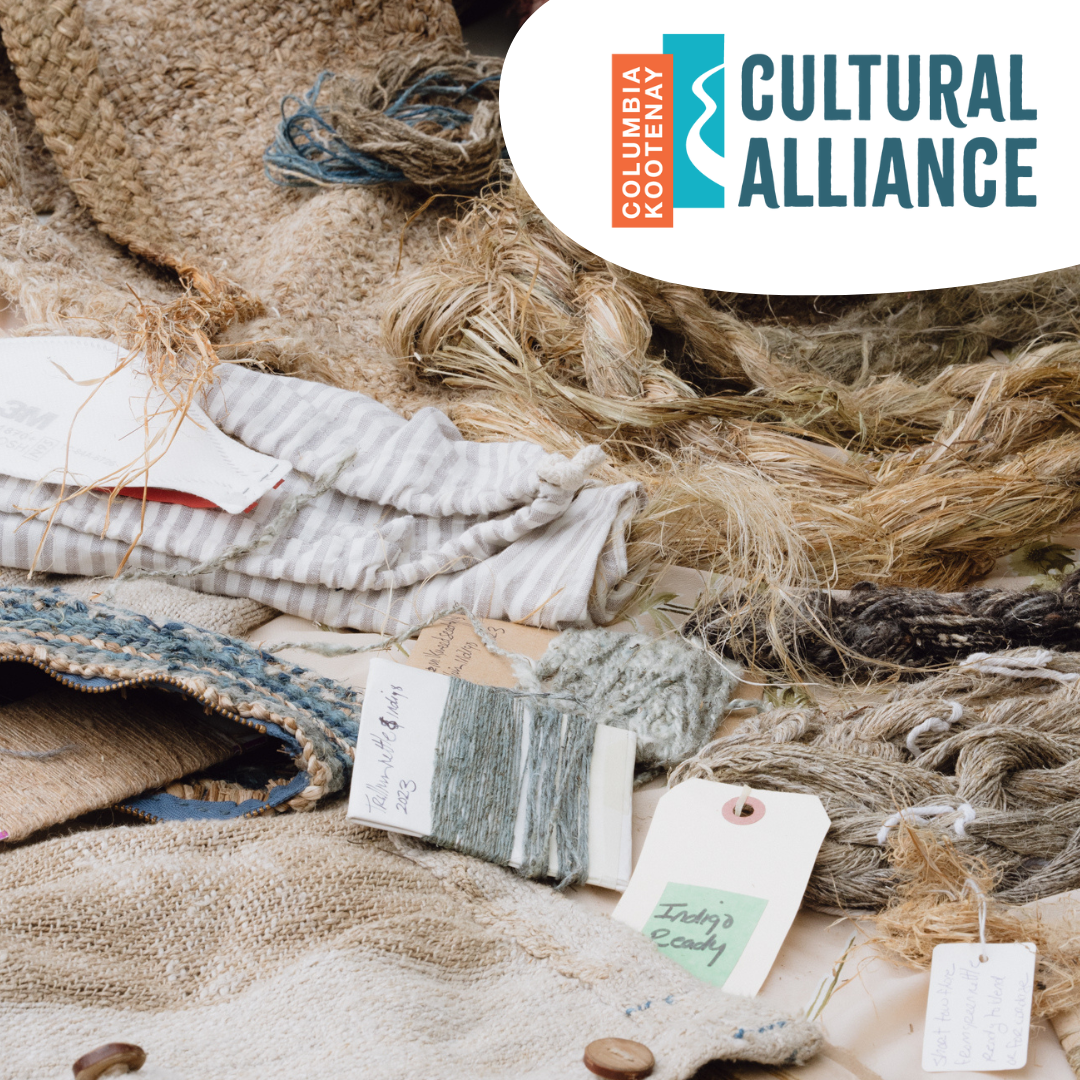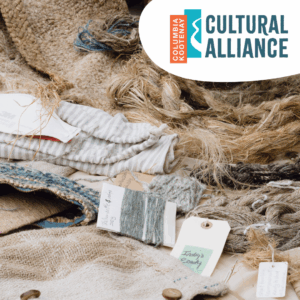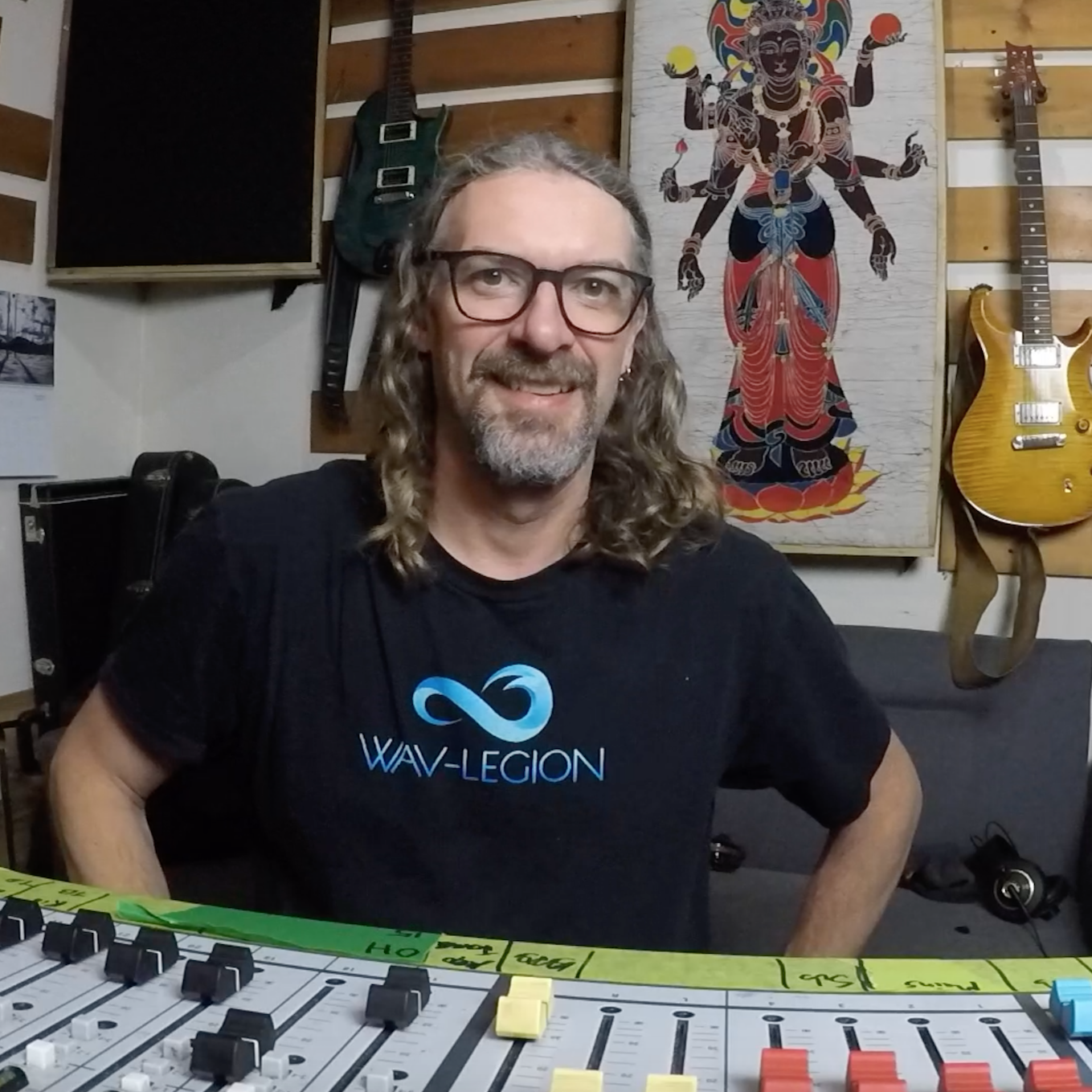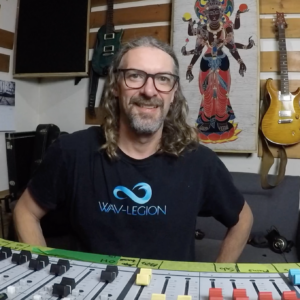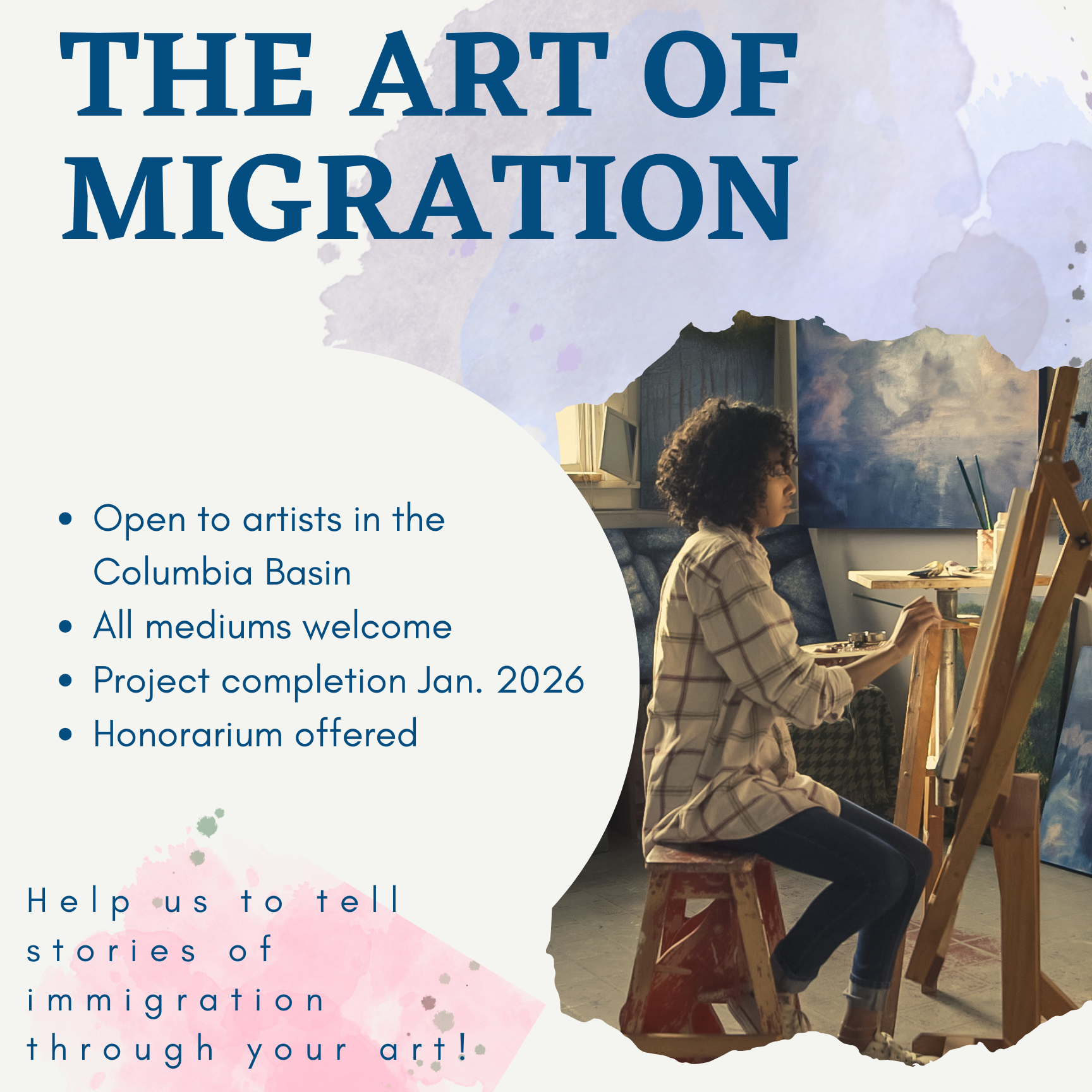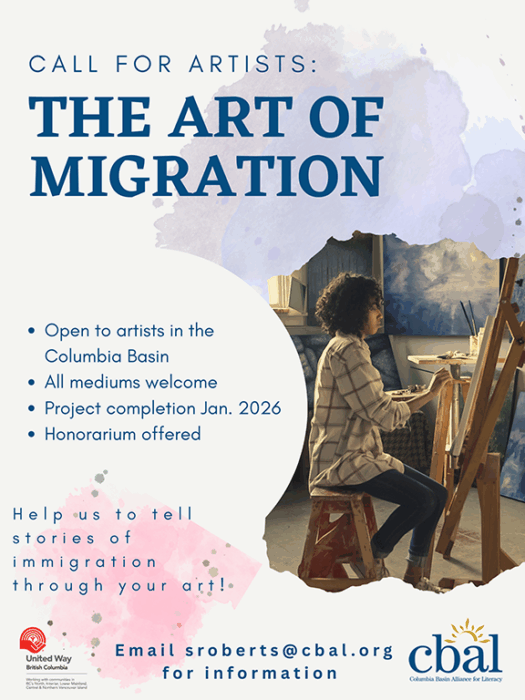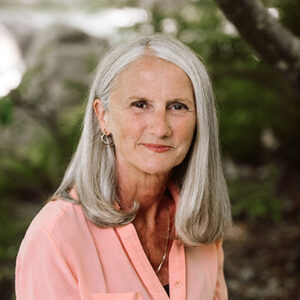
The West Kootenay Regional Arts Council (WKRAC) exists to help arts, culture and heritage in the Columbia Basin thrive. To do so, we rely on a dedicated team of board members, plus steering committee members who oversee the Columbia Kootenay Cultural Alliance (CKCA) arts and culture grants.
Who are these people? In this series, we’re introducing you to the folks behind the scenes.
Pat Henman, WKRAC Board Member
Bonnington resident Pat Henman is a theatre artist.
WKRAC: How did you come to call the Columbia Basin home?
PH: I have lived across the country, working in theatre. In 1989, I settled in Dawson City for 11 years. I married and had three children. In 1999, our family made the hard decision to leave Dawson, but we didn’t quite know where to go. I had been told Nelson had a similar vibe to Dawson City: laid back, arts-centred, tight community, an alternative lifestyle if wanted. We packed up the car and moved to Nelson. For me, it was unseen. But I fell in love with the area and never looked back.
Are you involved in arts, culture and heritage outside of your work with WKRAC/CKCA? If so, what is your discipline or practice?
Yes, I am. I perform on stage, I direct plays and I produce my own productions.
Why did you wish to join this board/committee?
I am a lifelong learner and have always been drawn to volunteer positions where I feel I can make some impact. After 26 years living in the Kootenay region, and quite a bit of arts admin and artistic experience in my background, I felt I could give back some of my knowledge to our arts organizations and hopefully add some value that experience brings. I have worked with WKRAC in many capacities in the past two decades, and I understand its mission and purpose. I feel it is the right time to give back right here at home, after spending six years on the provincial arts council. I bring that knowledge to the table.
What do you think people in the region should be proud of in terms of arts, culture and heritage?
We should be proud of the diversity of artists living in our area, plus the opportunities to create our own work through the funding agents available to us. The number of festivals in the Basin alone is outstanding. I am very proud to say audiences support a huge array of arts presentations, from dance to music to theatre to a mural festival and more.
What advice do you have for people in the region pursuing a career in arts, culture and heritage?
I would say be prepared to produce your own work. Don’t be afraid to take a chance, be versatile and do homework on funders, producers and venues, for any genre.
What vision do you see for the future of arts, culture and heritage in the Columbia Basin?
There is nowhere to go but up. Our area is growing in number, which means audiences are growing. I know some artists are worried about our future funding, but I believe the arts are well respected across the country and I see a bright future. Columbia Basin Trust should have enduring funding based on what the Trust accumulates. I am optimistic for our future.
Anything else you’d like to add?
As a long-time resident (26 years) of Nelson and area, I have had the honour to work with so much of our local talent, on stage, at book and music festivals, and as part of audiences throughout the Basin. We are so lucky to have talent that wants to live in our area. I do believe tourism is very important for our survival, so I encourage the arts to work with local chambers and businesses and, here in Nelson, the City of Nelson.
